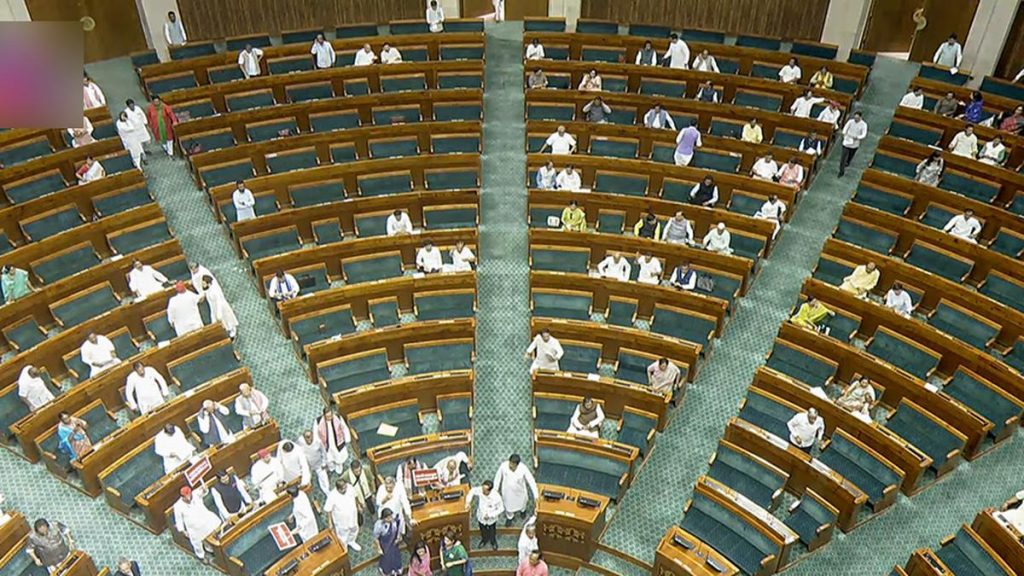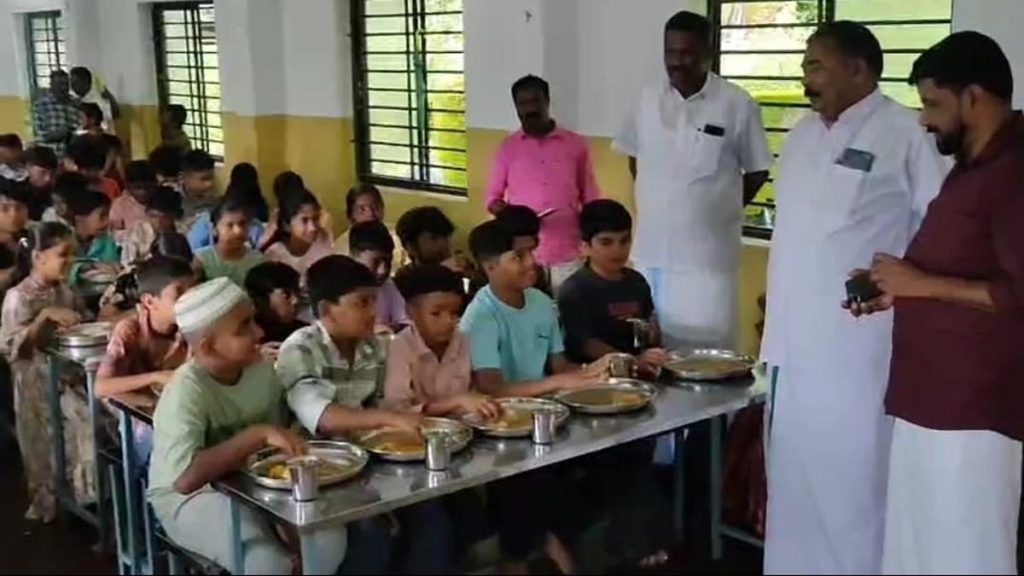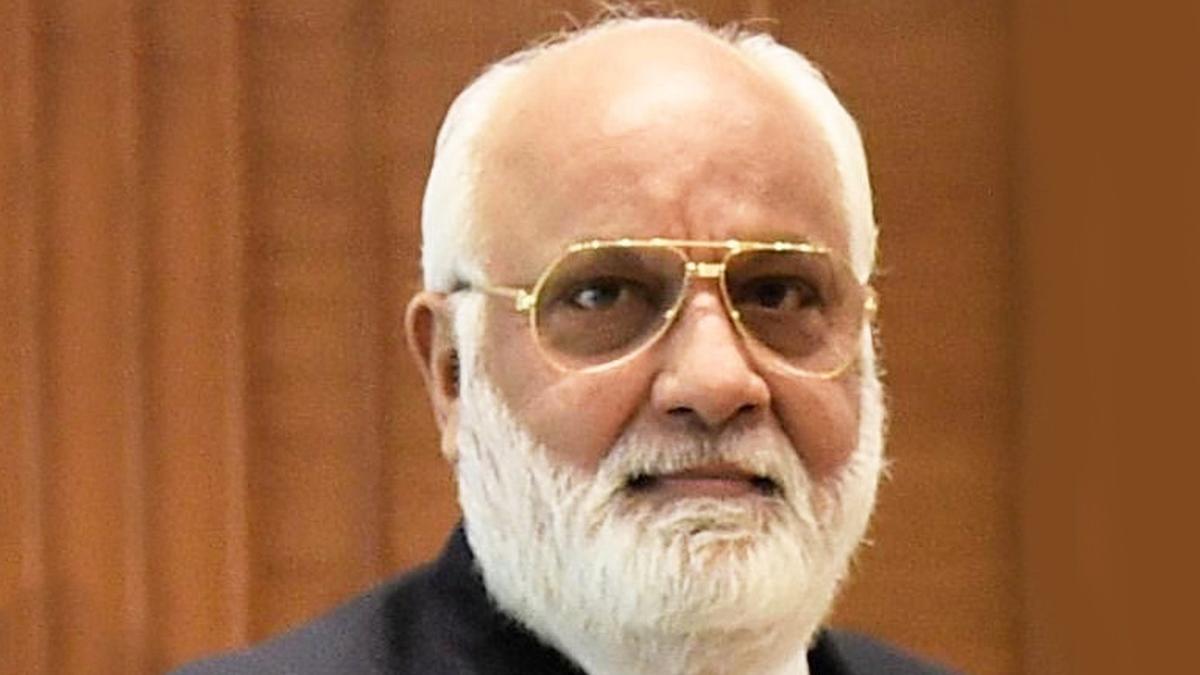Now Reading: India’s Migrant Citizens Face Democratic Struggles
-
01
India’s Migrant Citizens Face Democratic Struggles
India’s Migrant Citizens Face Democratic Struggles
Swift summary
- Bihar’s special Intensive revision (SIR) of electoral rolls led to the deletion of 3.5 million migrant voters, constituting 4.4% of the State’s total voter base, due to their absence during house-to-house verification.
- Migration in Bihar is often a survival strategy,with many migrants locked out of voting rights in both their home and destination States.
- India’s electoral infrastructure relies on a sedentary citizen model where voter registration demands residence proof and personal verification-barriers for migrants living in rented spaces or temporary accommodations.
- A study by Tata Institute of Social Sciences highlights three burdens facing migrant voters: administrative barriers, digital illiteracy, and social exclusion. It found lower voter turnout correlates with higher migration rates in source States like Bihar.
- The average turnout rate for Assembly elections in Bihar was only 53.2%, compared to higher participation rates in Gujarat (66.4%) and Karnataka (70.7%).
- Migrants from Bihar retain origin-based documents but face challenges registering at destinations due to social stigma, fear around entitlements loss, and lack of acceptance by host States.
- With millions seasonally migrating back home during festivals such as Chhath Puja or Deepavali each year, disenfranchisement through deletions may silence returning voters permanently.
- Suggestions include portable identity systems for voter registration versatility and cross-verification between origin and destination States’ rolls.
Indian Opinion Analysis
The mass deletion of migrant voters from electoral rolls highlights meaningful gaps within India’s democratic framework concerning internal migration patterns. For a country relying deeply on its labor force migrating across State boundaries, local governance mechanisms appear unprepared to accommodate dual political identities that span regions without undermining citizenship rights. This issue underlines structural biases favoring stationary populations while sidelining the essential contributions made by mobile workers who sustain both economic activity at destinations and family structures at origins.
Furthermore, the case raises broader questions about inclusivity-economic participation is increasingly disconnected from civic representation-a trend exacerbated by perceptions linked to regionalism or sub-nationalism against migrants. Without portable or flexible identity frameworks like Kerala’s migration surveys or improved bureaucratic coordination across States proposed here as solutions, disenfranchisement risks deepening inequalities disproportionately affecting lower-income groups dependent on seasonal movement.
Inaction risks breaking not just statistical trends but threatens an ideological rupture-a democracy failing its most vulnerable citizens whose mobility stems not indifference but necessity.
Read more: Source Link
























